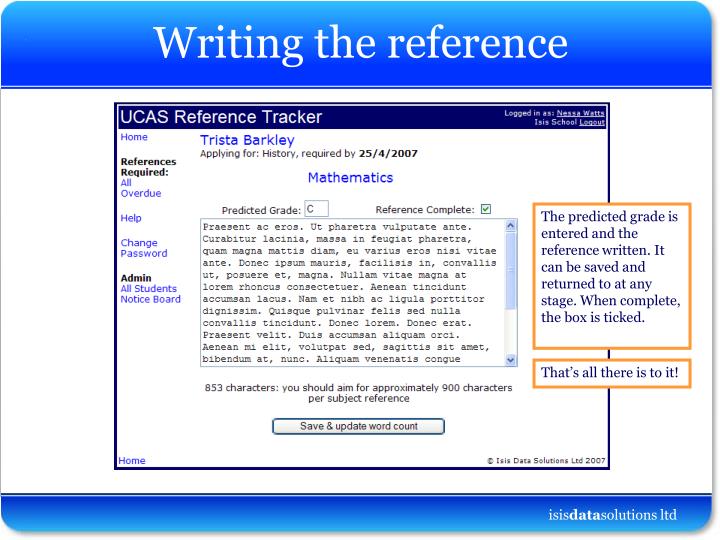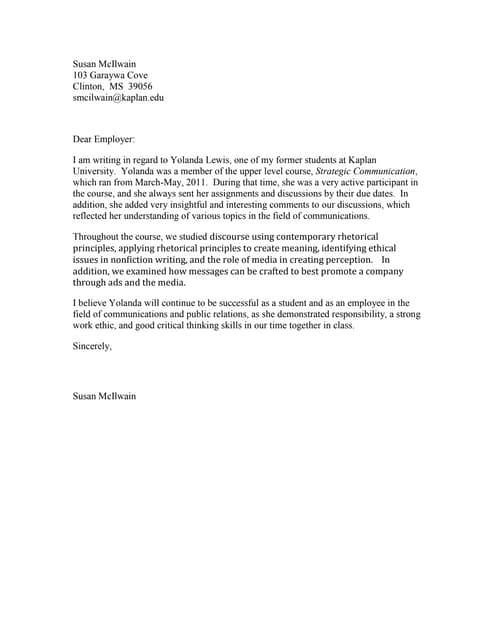

Your personal statement will mostly focus on what you’ve done at high school, in class, and often in preparation for external exams. Your essay needs to explain why you enjoy and are good at this subject, without reference to any particular university or type of university.Īny extracurricular activities that are NOT connected to the subject you’re applying for are mostly irrelevant, unless they illustrate relevant points about your study skills or attributes: for example, having a job outside of school shows time-management and people skills, or leading a sports team shows leadership and responsibility. You’ll only write one personal statement, which will be sent to all the universities you’re applying to, and it’s unlikely you’ll be sending any additional (supplemental) essays. In some cases, it might be an actual professor reading your essay. The UCAS Personal Statement will be read by someone looking for proof that you are academically capable of studying that subject for your entire degree. Your UCAS personal statement should focus less on cool/fun/quirky aspects of yourself and more on how you’ve prepared for your particular area of study. When you apply to UK schools, you’re applying to one particular degree program, which you’ll study for all, or almost all, your time at university. Here are some key differences between the UCAS and the US Personal Statement: HOW IS THE UCAS PERSONAL STATEMENT DIFFERENT FROM THE US PERSONAL STATEMENT? How long is that, really? Use your “word count” tool in Google or Word docs to check as you go along, but 4,000 characters is roughly 500 words or one page. You’ve got 4,000 characters and 47 line limit to show colleges what (ideally) gets you out of bed in the morning. UCAS gives a nice explanation here, but in short, this is your chance to stand out against the crowd and show your knowledge and enthusiasm for your chosen area of study. Guidance for referees is available from the UCAS website.The Universities and Colleges Admissions Service (UCAS) Personal Statement is the main essay for your application to colleges and universities in Great Britain. If you are applying before completing your school examinations (or English Language qualifications) then the reference should provide more information about what grades or scores they expect you to achieve in your final exams. It will help your referee write your reference if you let them know what you are applying to study and let them see your personal statement in advance. It is also helpful if referees are able to provide information on how an applicant compares or ranks with their contemporaries.
#Ucas reference example how to
Guidance is available from UCAS on what to include and how to complete the reference.

If you are applying as an individual then you will have to input the reference on their behalf - in other words you will paste in a document they have written. If you are applying via your school they will be able to add your reference automatically. The reference should be written in English. Your reference should not be completed by:

If you are currently studying, or have recently left school or college, you should ask your head teacher, principal or an appropriate teacher or tutor to provide a reference. Your referee should know you well enough to write about you and to comment on your suitability for higher education. The reference is an essential part of your UCAS application, where someone writes an account of your suitability for study on your behalf.


 0 kommentar(er)
0 kommentar(er)
